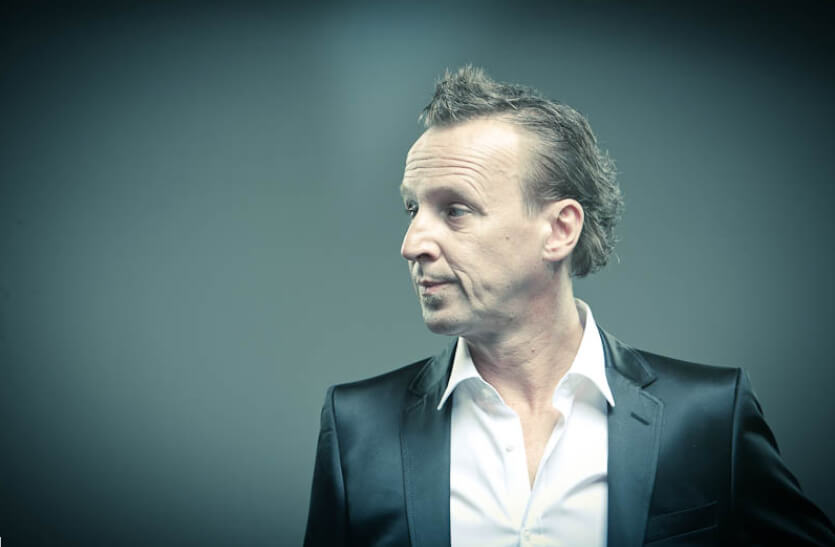Albert Camus’ Caligula is a philosophical tragedy that reimagines the reign of the Roman Emperor Caligula as an existential parable about absolute power, freedom, and the absurd. Stricken by the death of his sister and lover Drusilla, Caligula descends into a nihilistic quest for meaning, rejecting moral, political, and divine order in his pursuit of the impossible — symbolised by his desire to possess the moon. Convinced that life is meaningless, he imposes cruelty and chaos upon his subjects to expose the hypocrisy of human values and the emptiness of existence. Yet his rebellion against the absurd ultimately destroys him, revealing both the futility and the tragic grandeur of his search for truth.
Please take note:

Director
How did it really happen?
Or – as perhaps the most important existentialist thinker and writer Albert Camus (1913–1960) asks – did a lonely young man, betrayed by people, long to explore, even at the cost of his own destruction, the extreme limits of his supposedly divine, and therefore absolute, power and freedom that answers to nothing?
Camus’ Caligula searches for an unattainable experience of absolute harmony with the cosmos, deliberately humiliating and destroying the order of the world for which he bears responsibility, along with the close people who either love him or fear him, while provoking the gods he does not believe in—just as he does not believe in his own divinity.
Can anyone set limits for a man who has torn himself away from his own humanity?
A rather relevant question...
This thrilling story resonates with the experiences of the twentieth century, a time when power was often abused to the extreme and humans deified themselves.
Written at the beginning of World War II, the play is considered the finest drama by the famous Nobel Prize winner for Literature, the author of the seminal essay The Myth of Sisyphus.
The paradoxes of modern human existence—confronted with an alienated world and deprived of the support of religion—are explored here with alarming truthfulness and a potency that feels relevant once again today, in the context of a pandemic of madness and excessive behavior around the world.
Camus explores power, tyranny, and freedom here, even subtly referencing Shakespeare. Nevertheless, the result feels more like a philosophical debate than a drama grounded in reality.
However, in hindsight, this text strongly echoes the current tensions on today’s political scene.
What principles form the foundation of individual life, society, and political power in a world that appears to be absurd?
The show will be performed the following dates:
Subscribe to our email list
Be the first who finds out about our shows